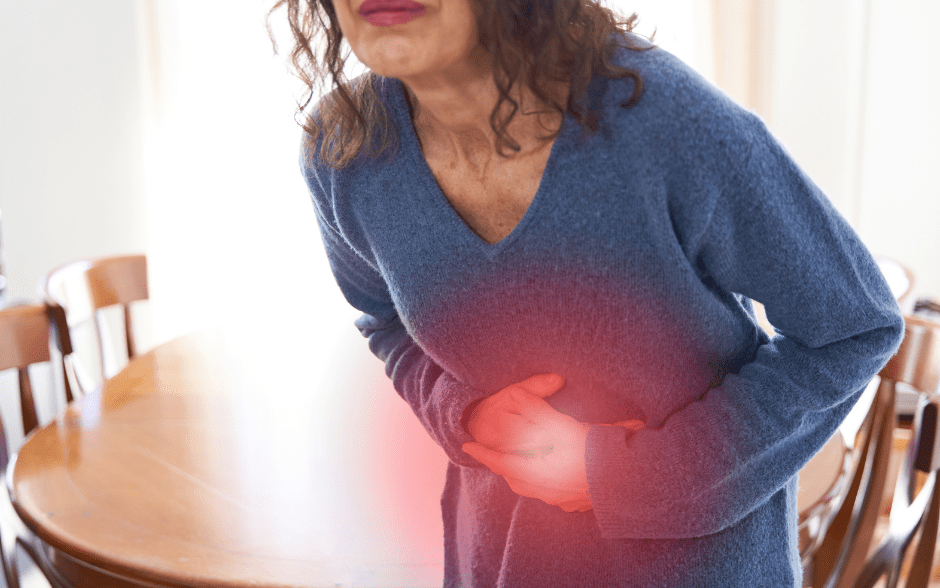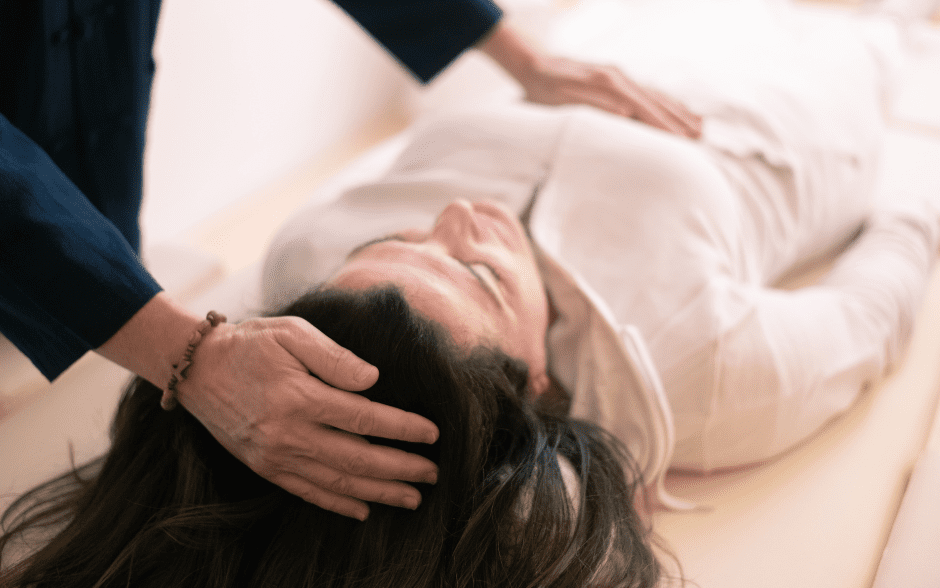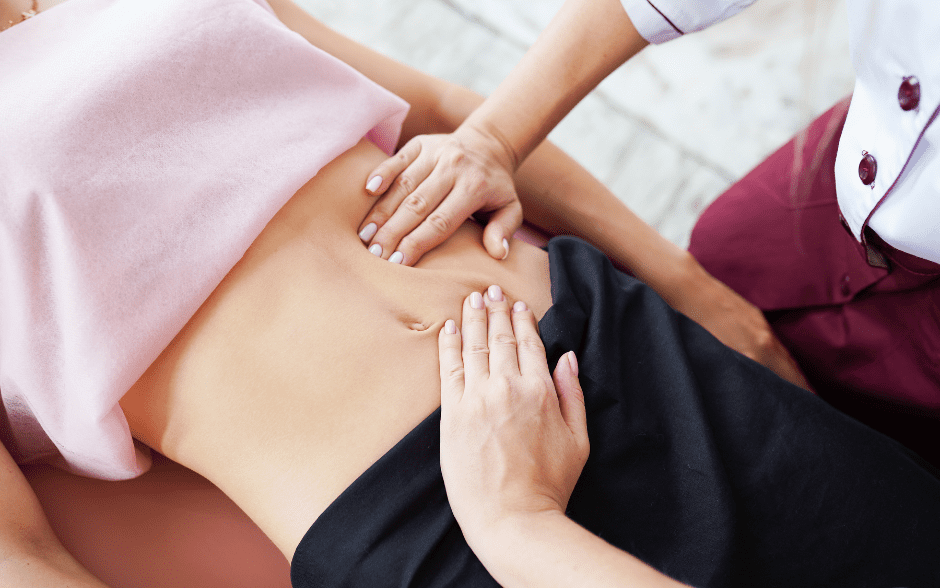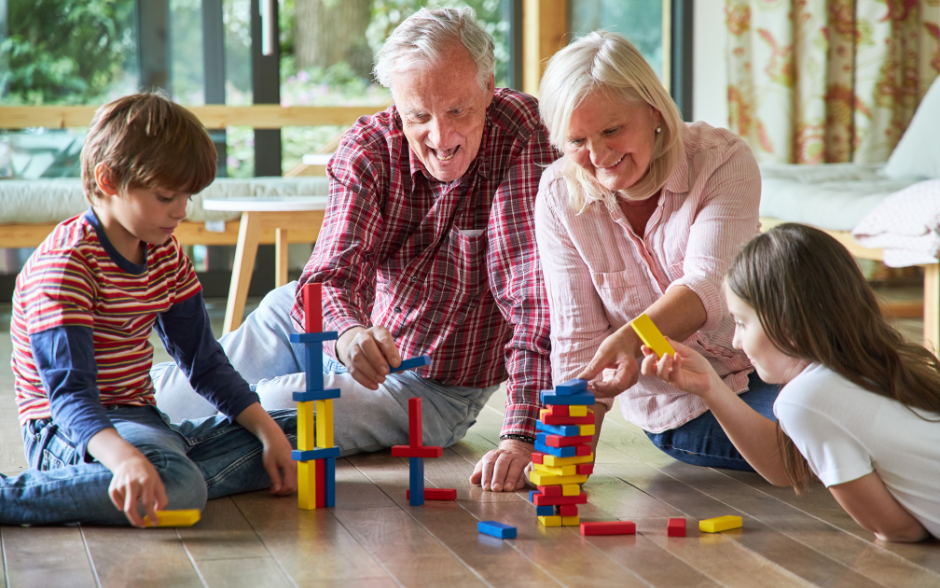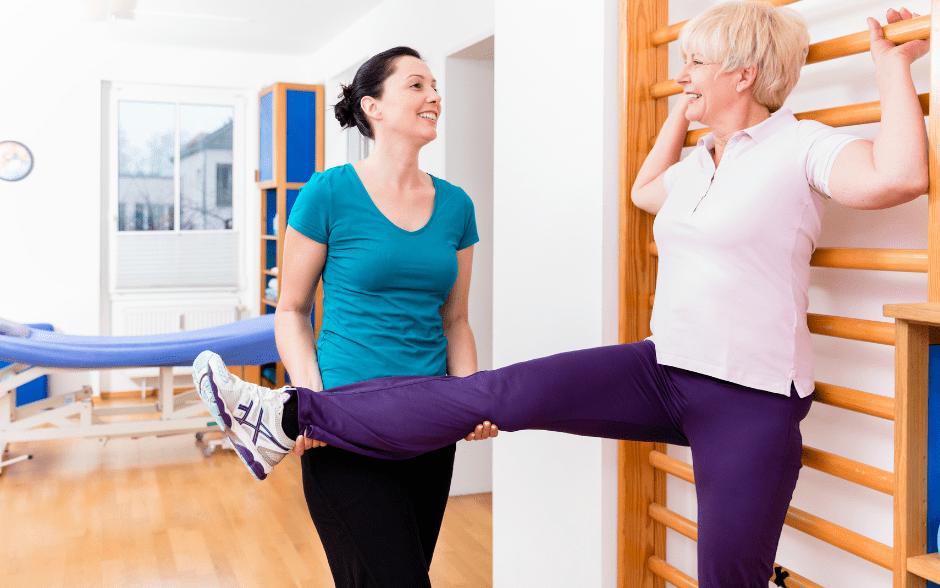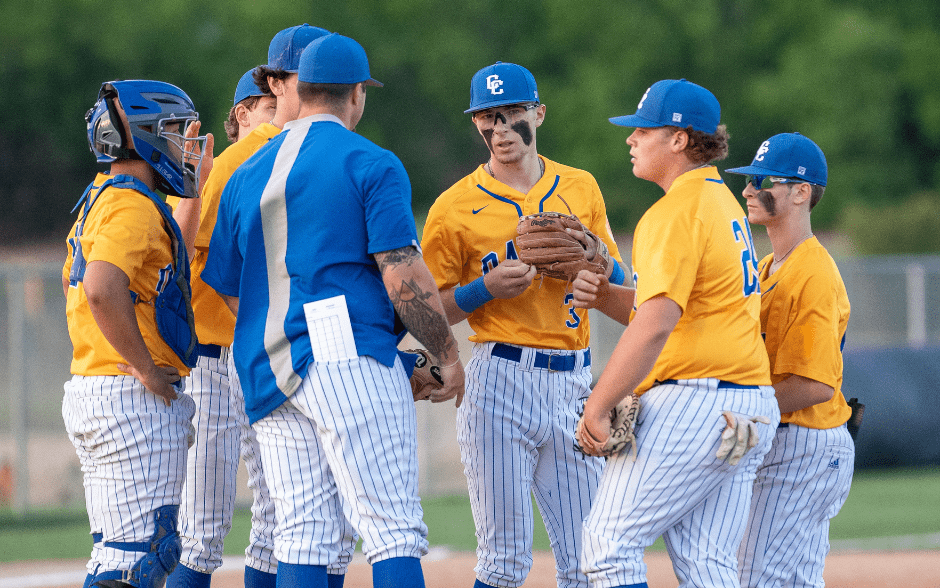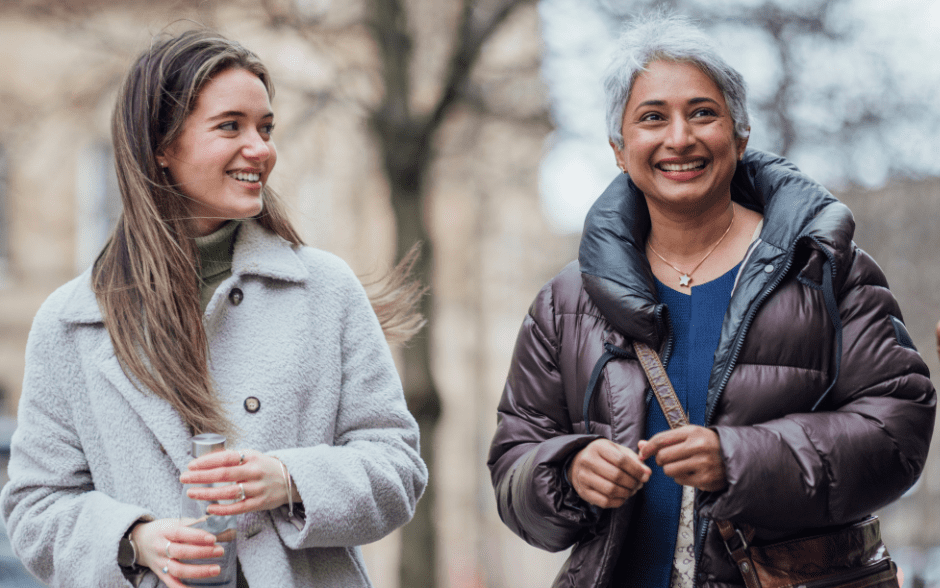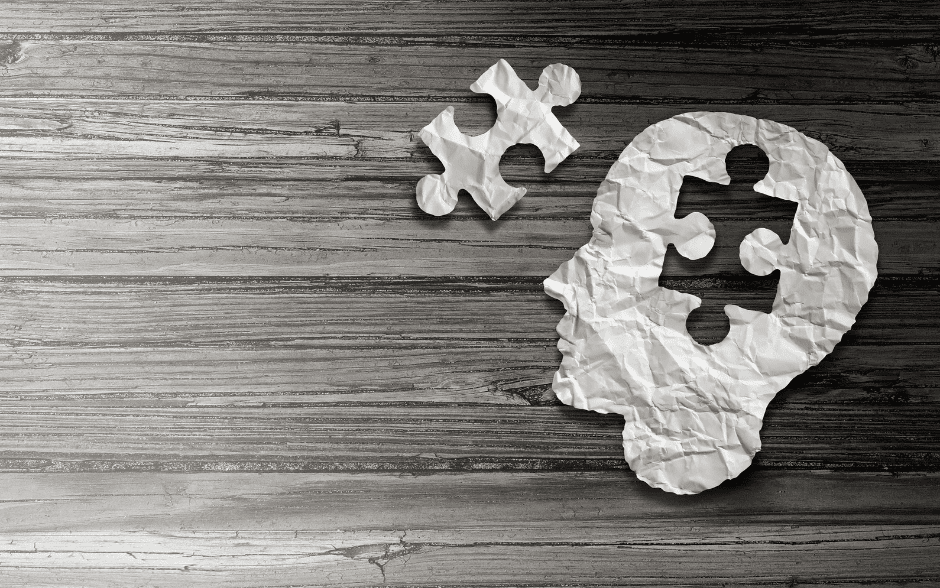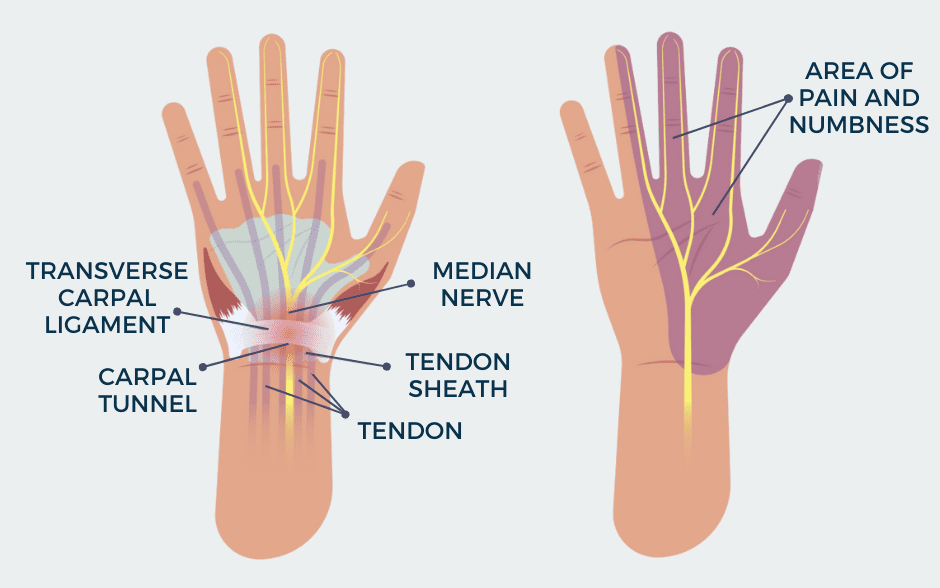Women’s Health Physical Therapy: Common Problems and Solutions
As women, we are often juggling many responsibilities – from work and family life to social obligations – which can make it hard to find a moment to check in on our health. A woman’s body goes through a lot in a lifetime – from hormonal changes to the unique stresses of pregnancy and raising children. Regular check-ups and early intervention are crucial because problems that are not addressed will not disappear on their own. Getting the right help at the right time is key to staying fit and active. Today, we are discussing typical women’s health concerns and how women’s health physical therapy can help with physical therapist Eva Krecisz.
Eva, what is the most common problem women complain of?
Eva Krecisz: Headaches and migraines in women are by far the most frequent complaints. In our clinic, we see many women with tension or cluster headaches, often resulting from underlying conditions. A common secondary pain, especially among hairdressers, beauticians, secretaries, accountants, dentists, and laboratory assistants, is cervicogenic headache caused by degenerative changes in the cervical spine or issues with neck muscles and joints.
How do you treat headaches?
EK: Many people simply take a pill for headaches, regardless of the cause. In women’s health physical therapy, the approach is different. During the initial evaluation, we determine the cause and type of pain to create a customized treatment plan. Therapy aims to reduce both the frequency and intensity of headaches. With over twenty years of experience, our clinic has successfully treated the majority of patients. In cases where the headache has a deeper origin, we refer patients to a doctor for additional evaluation.
What other women’s problems do you treat?
EK: We often see women experiencing dizziness and balance problems. While these issues are usually associated with seniors, increasingly, younger women are coming to us for evaluation. They may experience spinning sensations, either feeling that the world is spinning or that their body is spinning.
Should dizziness be worrisome?
EK: Not always, especially if caused by a sudden change in position. Persistent dizziness, however, should be evaluated by a specialized physical therapist. This type of dizziness is often linked to inner ear disorders and is usually treatable. Warning signs requiring immediate medical attention include dizziness accompanied by severe headaches, limb weakness, loss of sensation, or speech difficulties.
What about back and neck pain?
EK: Back and neck pain is another common issue in women. Contributing factors include:
- Poor posture
- Lack of physical activity
- Being overweight
- Wearing high heels
- Stress
- Pregnancy and carrying children
These factors can lead to chronic pain. If lifestyle changes aren’t enough, women’s health physical therapy can help. Licensed physical therapists provide individualized exercises and modern manual therapy techniques that can significantly reduce pain and improve function. Maintaining proper posture, wearing supportive shoes, lifting children correctly, and increasing physical activity are essential for long-term results.
Other frequent conditions women experience
EK: Pain in the hips, knees, and shoulders is common and can limit daily activities. These issues often result from repeated overload, trauma, or degenerative changes. Women are more likely to develop rheumatoid arthritis or osteoarthritis. Menopause can also contribute to osteoporosis, affecting up to 40% of women over 50.
Pregnancy and postpartum physical therapy
EK: Many pregnancy-related and postpartum issues can be successfully treated with postpartum rehabilitation and women’s health physical therapy. Rehabilitation should be part of prenatal and postnatal care. In countries like France and the Netherlands, postpartum therapy is fully covered by insurance because early intervention improves quality of life and reduces long-term healthcare costs. Postpartum women commonly face:
- Pain and scars from cesarean sections
- Separation of abdominal muscles (diastasis recti)
- Back issues
- Urinary incontinence
Doctors do not always refer patients to therapy, even though timely rehabilitation can prevent or resolve these issues. Every postpartum woman should be evaluated by a physical therapist to improve her quality of life. For example, surgery for urinary incontinence can often be avoided with proper rehabilitation.
Urinary incontinence treatment
EK: Urinary incontinence is not only a postpartum issue—it can affect anyone, at any age. At our clinic, we specialize in the Strain Counterstrain technique, which has helped many patients regain control and improve their quality of life.
Advice for women
EK: Take your health seriously. If you experience any problems, do not delay treatment. Untreated ailments may worsen over time. Most issues can be successfully managed with professional women’s health physical therapy, allowing you to live an active and healthy life.
Take the Next Step in Your Health
If you are experiencing headaches, dizziness, back or neck pain, or postpartum complications, schedule a consultation with our physical therapists today and start your journey to improved well-being.



